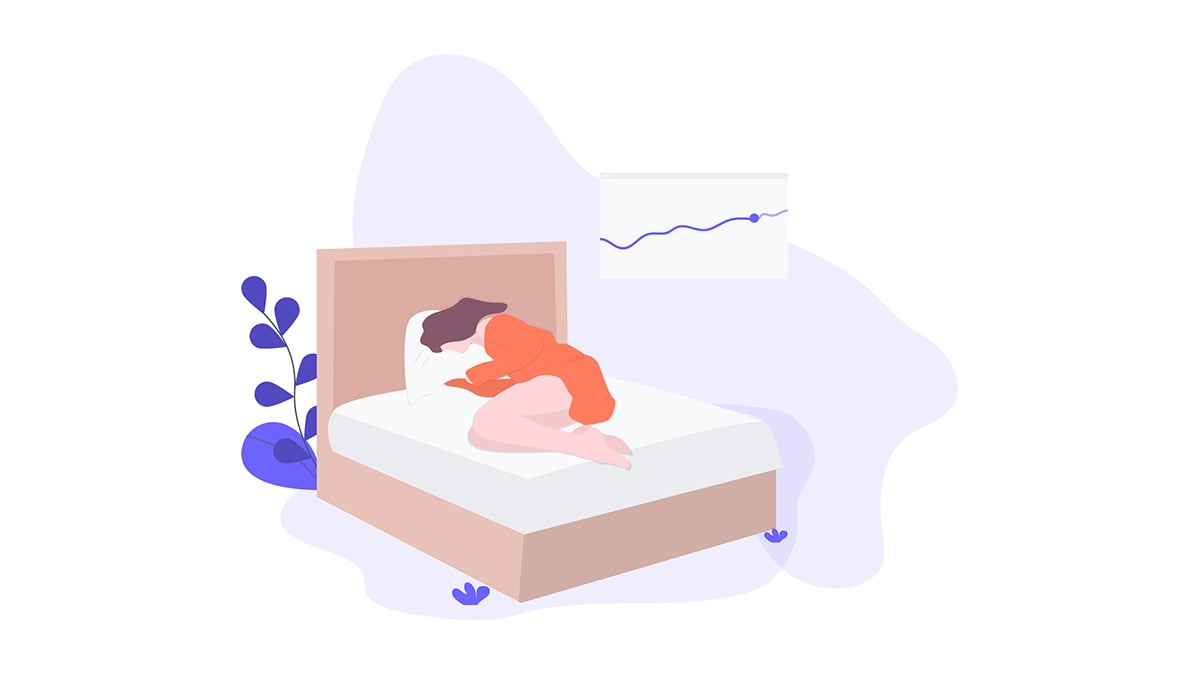We all know that most nurses work extremely hard and often have difficult schedules that are quite punishing when it comes to getting adequate sleep and rest. While some may relish working nights and having their days to themselves (especially if they have children to care for after school), erratic schedules, stress, and other factors can either cause or exacerbate the conditions leading to sleep deprivation and other complications. In light of this, how can nurses make sure they get enough sleep?
Getting Enough Sleep is No Joke
According to the National Institute on Aging, most adults require seven to nine hours of sleep per night. The National Sleep Foundation also makes the same recommendations for most adults, slightly more for adolescents (8 to 10), and even more for school age children with growing bodies and developing brains.
While many a martyred nurse may wear their sleep deprivation as an odd badge of merit demonstrating their hardworking nature, sleep deprivation and resulting fatigue have clearly been shown to lead to medical errors and decreased patient safety.
In terms of nurse impairment due to fatigue, Medscape reported the following:
“Most nurses would never dream of going to work after having a couple of alcoholic drinks. The same nurses, however, might not think twice about pulling a double shift or going without sleep for as long as 24 hours. This is a common practice on the first shift of a night rotation or when a nurse practitioner works a busy 24-hour shift without getting any sleep. Alarmingly, though, studies show that when an individual has been awake for as few as 17 hours straight, their cognitive and psychomotor performance deteriorates to equal that of someone with a blood alcohol level of .05% (about 1-2 alcoholic drinks, depending on body weight and speed of consumption).”
The same article continues:
“After 24 hours of sustained wakefulness, one's impairment mirrors that of someone who has had 2-3 alcoholic drinks and whose blood alcohol is 0.1%, a level that is considered legally drunk in the United States. The finding that moderate levels of fatigue produce performance decrements that are greater than those induced by alcohol intoxication has been confirmed in other investigations.”
From these and other findings, we can see that sleep deprivation and inadequate rest can seriously impact patient outcomes. And when it comes to the effects of lost sleep on the nurse him- or herself, there are also costs to pay:
The aforementioned Medscape article states that nurses suffering from the effects of lost sleep may experience irritability, bad mood, problems with concentration, loss of energy, memory loss, apathy, decreased powers of effective communication, and a focus on ineffective solutions to problems. And for night shift workers, the news isn’t great:
“Overall, night shift workers tend to get less sleep than their day shift counterparts, and their sleep is qualitatively poorer. Sleep during the day is shorter, lighter, more fragmented, and less restorative than at night; thus, the night nurse arrives at work with a larger sleep deficit than does a day shift nurse. Although some night nurses report that they are ‘night people’ and have no difficulty sleeping during the day or staying awake at night, in reality, circadian rhythms cannot be reversed. Even those who have been working night shifts for many years are still programmed to sleep at night.”
Meanwhile, nurses’ health can also be worsened by sleep problems, including digestion, immune function, increased potential for certain types of cancers, metabolic syndrome, and other potentially preventable health conditions.
Get Some Sleep
If a nurse is required to work multiple 12-hour night shifts and cannot see the potential for leaving for a new position with a healthier schedule, getting sufficient sleep may remain a challenge. Regardless, it’s crucial to make concerted effort at improving sleep and decreasing fatigue that can lead to errors and miscalculations during patient care.
Seeing a nurse practitioner or physician specializing in sleep may provide some answers, however some recommendations may be difficult to implement if shift work is part and parcel of the nurse’s workstyle. That said, the nurse may be able to adhere to some changes that have positive impact on sleep and rest, including but not limited to:
- Changing to day shift
- Engaging in therapeutic napping
- Decreasing the use of electronics and “blue light” prior to sleep
- Decreasing bedroom temperature
- Not eating large meals prior to sleep
- Moderating alcohol intake, especially before bedtime
- Exercising regularly
- Decreasing the use of caffeine
There’s no way around the fact that many nurses have unusual schedules and highly stressful jobs. And with depression, anxiety, stress, or other factors on board, sleep can be even more elusive.
No matter, nurses must fight against sleep deprivation, accommodate their workstyle and hours as best they can, and consider changing whatever factors they can in order to live healthier and happier lives while delivering the safest, most effective patient care possible.



